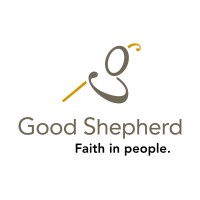
Long Term Solutions
Long Term Solutions was founded in 1999 by two nurses and is certified by the Women’s Business Enterprise as a minority owned business. LTS offers turnkey solutions to its insurance partners in the long term care insurance industry, individuals and companies of all sizes to help their employees who may be burdened with family care giving responsibilities. LTS is a national provider of high quality service which includes but is not limited to personal in home nursing assessments, telephonic health assessments, telephonic applications and care coordination. Skilled Care Coordinators can assist any individual in need of care.






